THE first time I met Dermot Weld, I was lost. I was five years old on a summer evening at Roscommon when racing with my father, who had lost sight of me for a period as I wandered off alone.
To his relief, I returned a few moments later - but not without forcibly dragging along with me a lofty figure in a panama hat. Such was my age at the time that I can’t remember the exchange with crystal clarity, but I’m informed that I marched Ireland’s eight-time champion trainer over to my father, who apologised profusely for my eagerness in looking for my picture to be taken with the legendary horseman.
After politely obliging this racing-mad youngster, Weld gave some parting advice: ‘Tell your dad to back my runner in the next’. To his credit, the Pat Smullen-ridden Naahil duly sluiced up two and a half lengths as a well-backed 3/1 favourite (from an opening ring price of 7/1). At least I can’t be blamed for igniting a gamble at the age of five.
Much to his relief, I’m sure, this week’s encounter with the prolific trainer didn’t involve any pulling or dragging, but instead the focus of attention is Royal Ascot, as the ante is being upped at Rosewell House ahead of one of the highlights of the international sporting calendar.
A spectacular gala event at which Weld has notched 17 winners since his Klairvimy provided him with his first in the 1973 King Edward VII Stakes, all eyes will be on his brilliant Irish 1000 Guineas heroine Tahiyra as she bids to exact revenge on her Newmarket conqueror Mawj - the only filly she has failed to beat in her career.
Weld may have marked 50 years with a training licence last year, but the appetite for big-race success at Rosewell remains as strong as ever.
“I’m very highly motivated,” asserts the record-breaking trainer.
“It’s because I enjoy what I do very much and I love the chance to train nice horses. I have purposely reduced our number of horses in recent times; nowadays we have 75 or 80 in training and that’s as many as I want. To me, I’m interested in is quality horses, as opposed to quantity, and we’re fortunate to have some very nice horses.
“For each season over the last number of years we have managed to come up with a Group 1 horse. That makes the whole thing exciting. Nowadays we might even be considered a small stable because even the middle-sized yards would have as many in training as us.
Classic quality
“I’ve been very fortunate to have trained nearly 4,500 winners, and we’ve now won 28 European classics - those races are the pinnacle. It’s what every trainer wants and they are hard to win. For example, in the last two editions of the Irish 1000 Guineas, with Tahiyra and Homeless Songs, I had Ballydoyle fillies in second who were both Breeders’ Cup winners, Meditate and Tuesday. That’s the standard that you have to reach if you’re going to beat Ballydoyle in classic company. Your horses have to be at their very best.”
Is training as enjoyable in 2023 as was the case when first starting out?
“I enjoy it immensely - that’s why I’m still doing it,” insists the keen rugby follower, who played wing forward in his days at Newbridge College and University College Dublin.
“It’s challenging but I love the challenge. Consistency has been a key to the success, year in and year out. If we didn’t train the most number of winners in a year, we generally won a Group 1 or classic race. I do appreciate all the hard work that goes into getting to that level. It’s a very demanding life, a very tough life, a seven-day-a-week job.
“When we hear talk about society looking to move towards a four-day working week, I’m not sure some people comprehend in this day and age that training racehorses and working in racing is a full-on role. You’ve got to be healthy and well to survive. I’ve always been very fortunate to have excellent staff and I’m very appreciative to have that wonderful standard that they deliver here. I get great assistance from my two sons, Mark and Kris, too.”
When it comes to assessing international excellence, there are few better positioned to judge the standing of Irish racing than Weld.
From breaking new ground with a pioneering Melbourne Cup success through Vintage Crop in 1993 - followed by another in the same race with Media Puzzle in 2002 - to recording the first and only European victory in a US Triple Crown race in 1990 with Belmont Stakes scorer Go And Go, the qualified veterinarian is well placed to offer a global outlook on the sport.
‘All-time high’
“Irish racing has never been stronger - it’s as simple as that,” says the Derby-winning trainer. “The standard of horse, trainer and jockey is at an all-time high.”
Even better than during the remarkable eras of Vincent O’Brien and Paddy Prendergast?
“I do believe so. The number of high-class horses is extremely strong. The standard is just exceptionally high. To try to win a race in Ireland at the moment, particularly when it comes to two-year-old maidens, is difficult. Look at the breeding of these horses contesting maidens; there are some beautiful pedigrees.
“While competition is extremely keen, it has helped. A rising tide raises all boats and the resale of Irish horses is unbelievably high. That is rightly so considering the standard of racing.”
He adds: “I suppose I was the first to really hit the international scene because I saw the future of racing. It’s always been seriously competitive to win in Ireland because in the early days I was taking on Paddy Prendergast and Vincent O’Brien. I saw opportunities around the world where I believed Irish horses could win while I was travelling a lot after qualifying as a vet. I looked at continents they’d never raced on and places they’d never gone.”
Weld has never been one for sitting still, though, and believes improvements can be made in terms of the summer programming of races in Ireland, while also having an eye on the wellbeing of stable staff.
“The only complaint I have at the moment is that I think we have too much National Hunt racing for this time of year,” says the Ballybrit master, whose first Galway Festival success came at the tender age of 15-year-old when riding Ticonderoga to victory in the feature amateur riders’ handicap in 1964.
“Just look at this weekend. We’ve got two National Hunt meetings at Punchestown and one flat card at Navan. Without meaning any disrespect, I think the National Hunt racing at this time of year is not of a high standard. I think opportunities for those horses should be found more so through the winter season - that’s where they should be catered for.
“If you had more opportunities for those lesser-class National Hunt horses at that stage of the season, then you wouldn’t have so many small programmes during the winter months. It might reduce the load of National Hunt racing in the summer.
“I just think it’s hard on all the people who work in racing to continue with fixtures non-stop through the year. I think this is an area that may come for concern in the future regarding staff. In terms of the demands on them seven days a week, it might be too much.
“I think there are times in the summer when we have too much racing, and we certainly have too much National Hunt racing at the moment. It’s a major strain on the workforce. You want people to encourage people to come working in racing, and I don’t think that does.”
Stable in form
Exquisite timing has long been a speciality of Weld’s, with patience apparently a key factor in some of his biggest successes. When dealing with the right stock, he can be counted on to deliver, as evidenced particularly by Tarnawa’s globetrotting exploits in recent years.
Having been without a flat winner in March or April, his Curragh operation really caught fire in May, notching eight winners from 29 runners on home soil (28% strike rate), including Tahiyra’s sublime Curragh strike.
Weld explains: “We had a very wet month of April and, probably through experience, I tend not to be hard on my horses in heavy ground. That’s because you’ll get to the end of them very quickly. I let them just come along themselves, knowing the weather would change, and the very second we reached May we hit top form. It’s a long year.
“Racing has changed dramatically. A lot of the big races now are very much in the second part of the year. Nowadays, with the exceptions of the classics and Royal Ascot, you’re judged more so on the latter part of the year with Irish Champions Weekend, British Champions Day, Prix de l’Arc de Triomphe weekend, the Breeders’ Cup and so on - the second part of the season is vital.
“Hence, in the months of March and April, you’re unlikely to get my horses at their peak. As the year progresses, though, we can win the most number of races in the latter part of the year, especially September and October. You want to have your horses at their peak come that time.”
Weld, who boasts a remarkably versatile CV that includes riding the winner of the Freight Services Champion Hurdle in Pietermaritzburg, South Africa, knows exactly what it takes to have his string in prime condition for Royal Ascot.
Ascot aces
In the standings of trainers who currently hold a licence, he remains Ireland’s second most successful handler at the meeting, thanks to an array of big-race victories such as the 2010 Gold Cup with Rite Of Passage, the 2015 Prince Of Wales’s Stakes with Free Eagle, the 1992 St James’s Palace Stakes with Brief Truce and two wins in the 1980s with Committed and Big Shuffle in what is now the Queen Elizabeth II Jubilee Stakes.
Tahiyra will attempt to join Weld’s list of Ascot aces when lining up in the Group 1 Coronation Stakes on Friday June 23rd.
“Royal Ascot has been a lucky place for me,” says Weld, whose select breeding operation at Springbank Way Stud may well have unearthed another star this week in the shape of emphatic Gowran maiden winner Knight To King.
“Even away from the Royal Meeting, Ascot has been good to us in general, with Fascinating Rock winning the 2015 Champion Stakes as one of a few nice winners we’ve had on British Champions Day.”
On filly-of-the-moment Tahiyra, Weld adds: “She was Europe’s champion two-year-old filly last year and I felt she was slightly unlucky not to win the 1000 Guineas at Newmarket. The ground was very slow and we were coming off a really difficult spring. I had indicated clearly to everybody that I thought she needed another two weeks, but she ran a superb race. I was delighted to see her back that up with an excellent performance at the Curragh.
“We’re progressing to the Coronation with her. She’s had a busy spring, having been trained for the 1000 Guineas at Newmarket, so I think she’ll have a break after Royal Ascot. I would just like nice ground for the Coronation. I wouldn’t like it too firm for her as she likes a slight ease in the ground.
“I haven’t asked her to do very much in the meantime since the Irish 1000 Guineas but I’m happy with how she has come out of the Curragh. I’m satisfied with her progress.”
Following Dermot Weld - in more ways than one - ended up being a recipe for success on that summer evening at Roscommon two decades ago.
Given his rich history at the Royal Meeting, combined with a proven knack for delivering on racing’s biggest stages, it might well pay to do the same again later this month at Royal Ascot. In Weld and Tahiyra we trust.
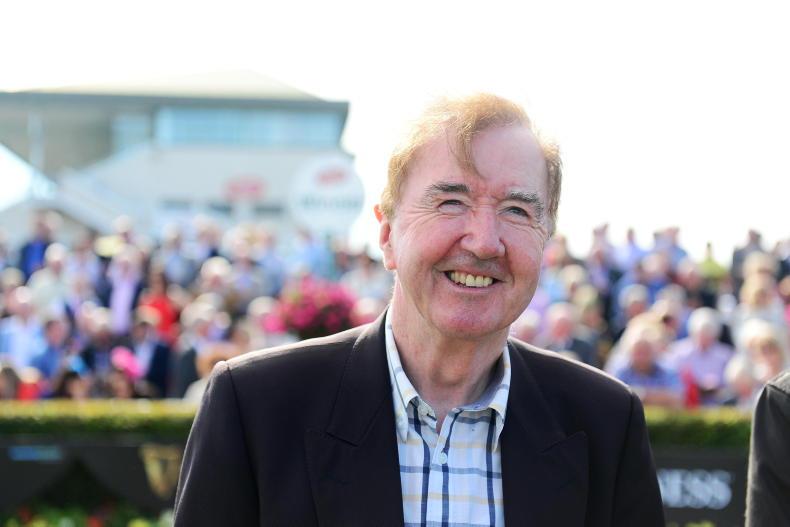

 This is a subscriber-only article
This is a subscriber-only article
 It looks like you're browsing in private mode
It looks like you're browsing in private mode




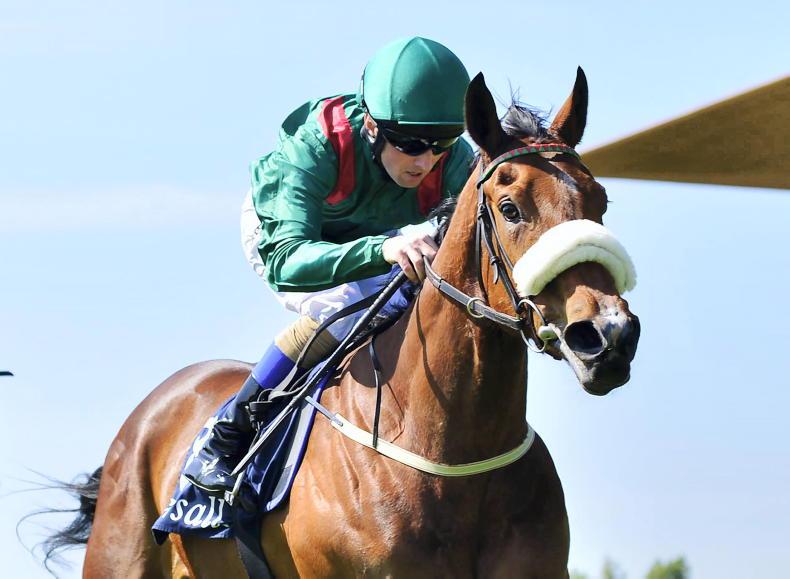
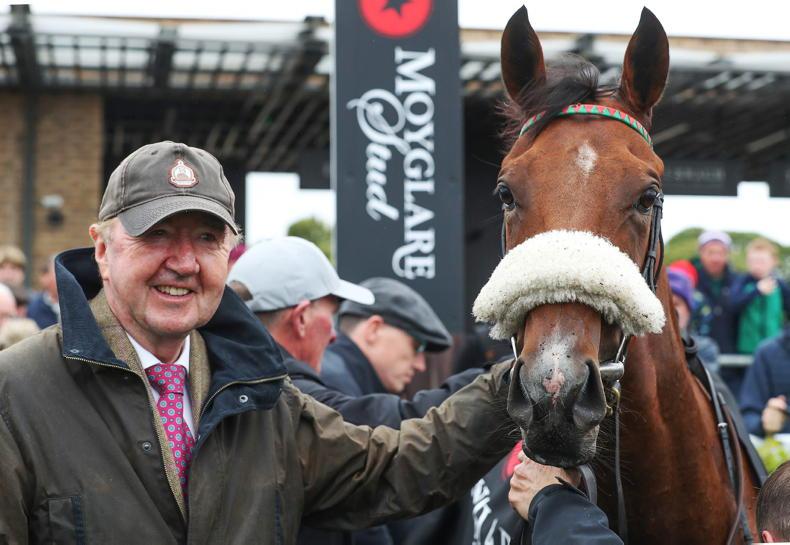
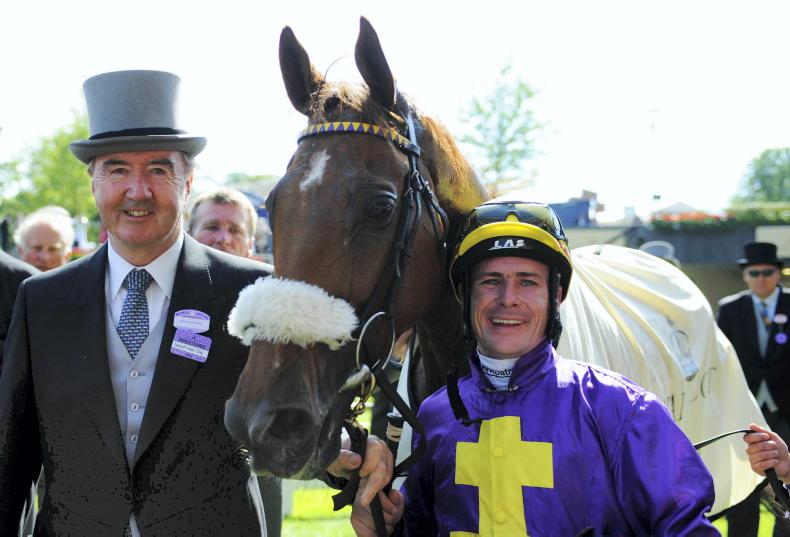
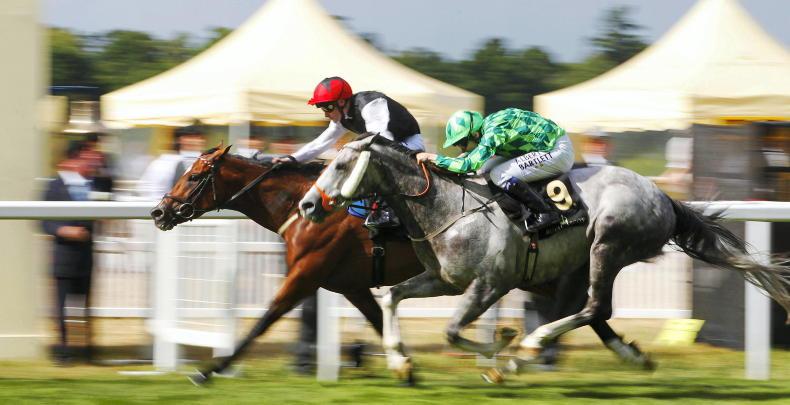

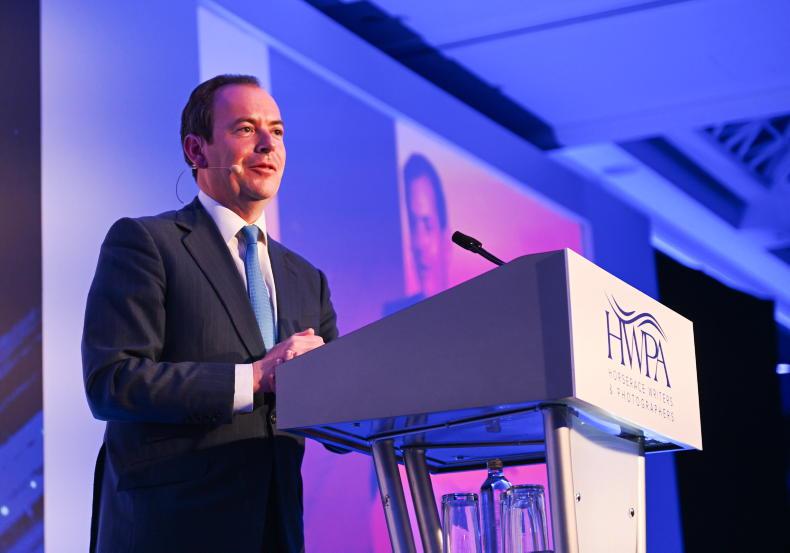

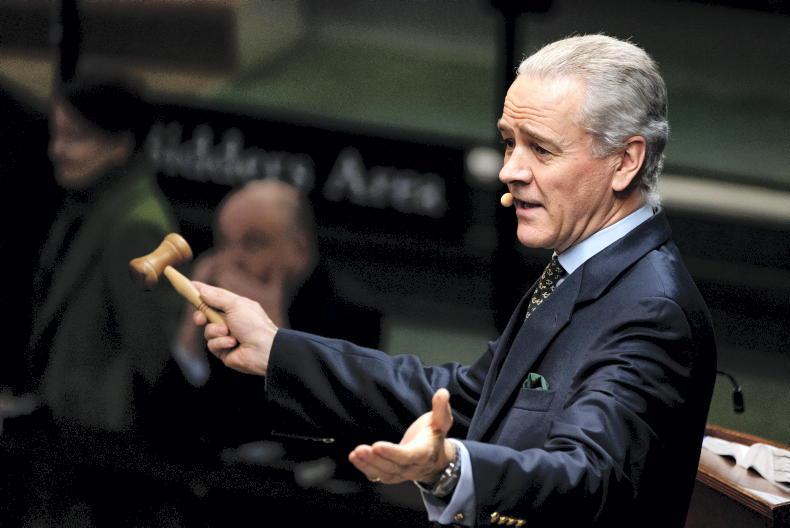
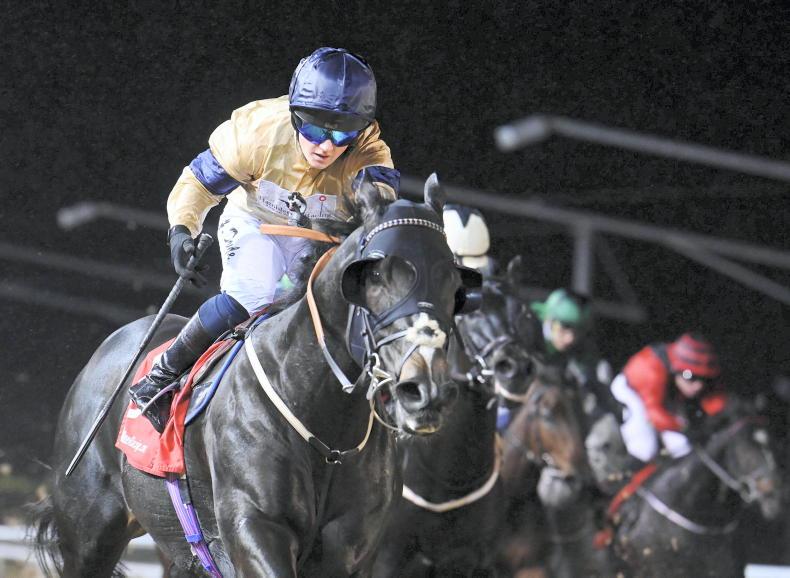
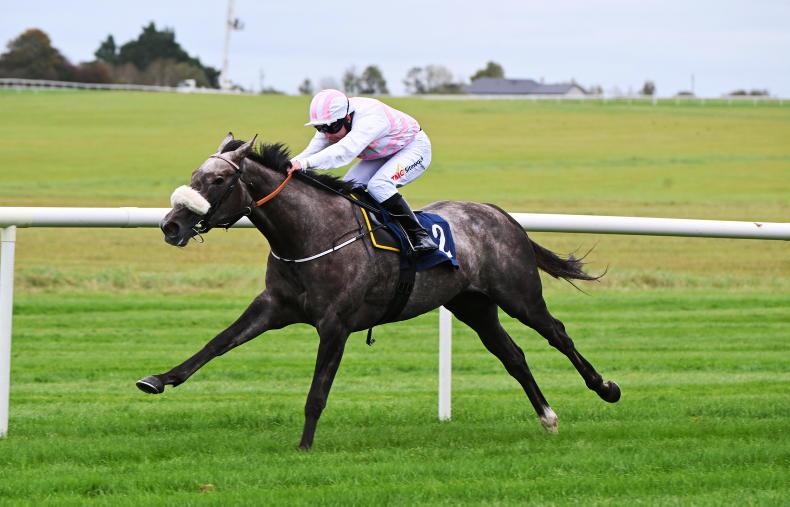
SHARING OPTIONS: